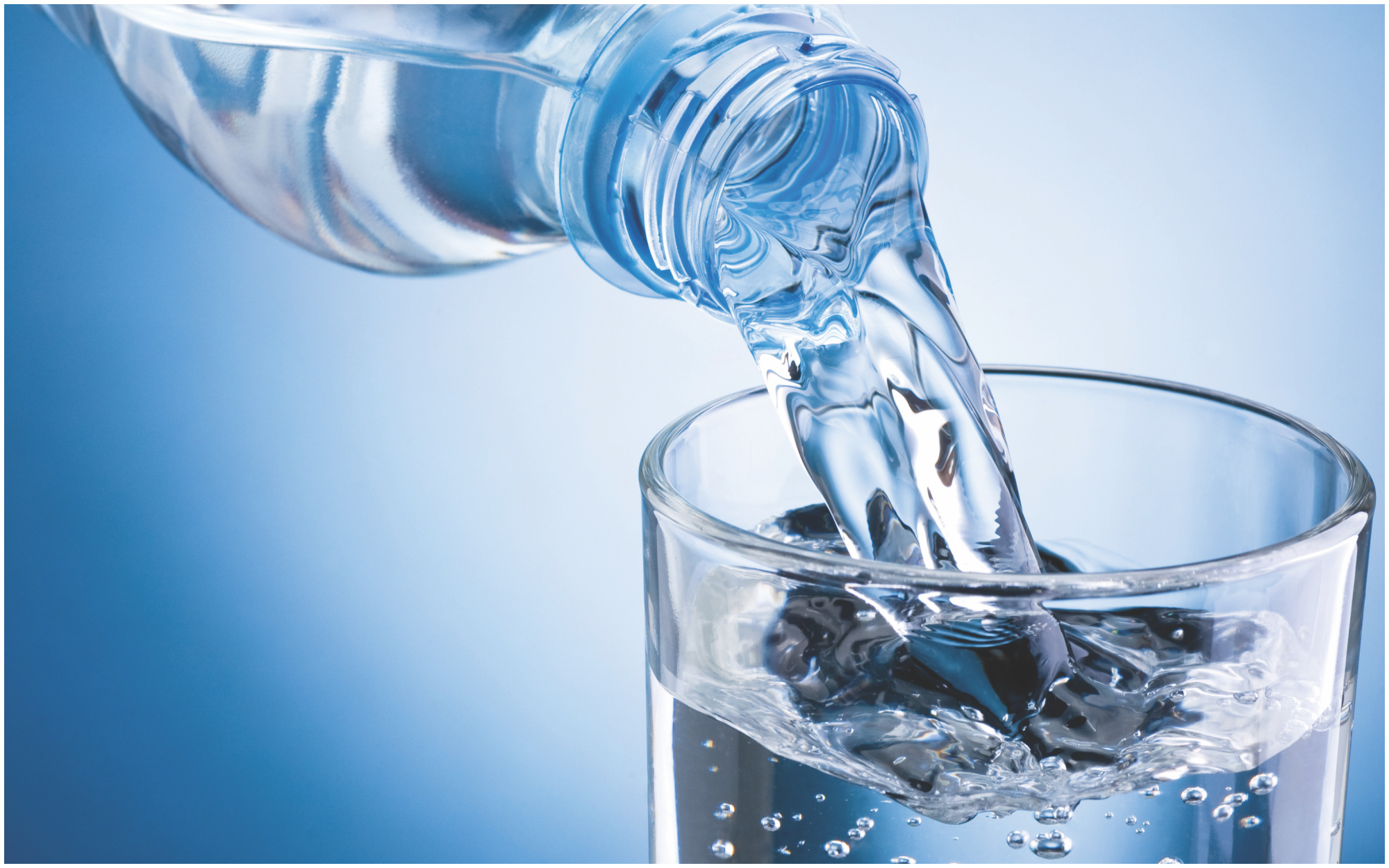In our busy lives, hydration often falls to the bottom of the list. However, staying hydrated is essential for health, affecting everything from energy levels to mental clarity. But how much water should we drink, and what happens if we don’t get enough? Let’s explore the basics of dehydration, its symptoms, potential risks, and the recommended daily water intake for men, women, and children.
Why Hydration Matters
Water makes up about sixty percent of our body and plays a vital role in nearly every bodily function—from transporting nutrients to regulating temperature and lubricating joints. When our water intake falls below what our bodies need, dehydration can quickly set in, disrupting these essential processes.
Symptoms of Dehydration
Mild dehydration can often go unnoticed, but as it progresses, the symptoms become more apparent. Early signs may include thirst, which is a commonly overlooked signal, along with dry mouth and lips, slight headaches, lightheadedness, and darker yellow urine. As dehydration becomes more severe, symptoms may escalate. People often experience fatigue, weakness, a rapid heartbeat, sunken eyes, confusion, irritability, decreased urination, and very dark urine. Even mild dehydration can impact physical and mental performance. It’s especially easy to become dehydrated if you’re physically active, spending time in hot weather, or simply too busy to remember to drink water.
Potential Health Issues from Dehydration
Ignoring dehydration symptoms can have serious health consequences. The kidneys, for instance, rely on water to remove waste effectively; without enough, toxins can accumulate in the body. Chronic dehydration may increase the risk of kidney stones or infections. Digestion can also be impacted since water is essential for the process, and low hydration can lead to constipation, indigestion, and bloating. Joints rely on water for lubrication, and dehydration can lead to increased joint discomfort, especially for those who are physically active or have arthritis. The cardiovascular system can also be affected; reduced blood volume from dehydration makes the heart work harder to pump blood throughout the body, which may lead to complications, especially for those with pre-existing heart conditions. Finally, dehydration can affect skin health, leading to dryness and a lack of elasticity, which can make you look older or more fatigued.
Interestingly, while dehydration doesn’t directly cause conditions such as pre-diabetes, high cholesterol, or tingling (paresthesia), it can worsen their symptoms. Staying well-hydrated helps support overall health—highlighting the importance of regular water intake to prevent and manage a wide range of health issues.
How Much Water Should We Drink?
The amount of water we need varies based on age, activity level, climate, and individual needs. For men, the recommended daily intake is about 3.7 liters, or roughly 13 cups, while women should aim for 2.7 liters, or about 9 cups. For children, the guidelines are more specific based on age. From ages 1 to 3, about 1 liter, or 4 cups, per day is generally recommended. Between ages 4 and 8, the intake increases to around 1.2 liters, or 5 cups daily. For children ages 9 to 13, boys should aim for approximately 2.4 liters, or 10 cups, while girls should drink about 2.1 liters, or 9 cups. As they grow, teenagers between 14 and 18 years old should drink even more: boys are recommended around 3.3 liters, or 14 cups, and girls about 2.6 liters, or 11 cups daily. People who exercise regularly or live in warmer climates may need even more water. Adding an extra 1 to 1.5 cups for every 15 to 20 minutes of exercise helps replenish fluids lost through sweat.
Tips for Staying Hydrated
Building a habit of drinking water consistently throughout the day is key to staying hydrated. Setting reminders on your phone can help establish this routine. If plain water doesn’t appeal to you, try adding a slice of lemon, lime, or cucumber to make it more enjoyable. Carrying a water bottle with you is also a helpful visual reminder. Including hydrating foods in your diet, such as watermelon, cucumber, and oranges, can contribute to your hydration needs. Above all, listen to your body. Thirst is a natural signal, and paying attention to it can help prevent dehydration.
When to Seek Help
Mild dehydration can often be resolved by drinking water and resting. However, severe dehydration can be life-threatening and requires medical attention. If you experience extreme thirst, dizziness, confusion, or haven’t urinated in eight hours, it’s important to seek help.
Final Thoughts
Staying hydrated is one of the simplest ways to support your body and mind. Drinking enough water can prevent fatigue, improve focus, and keep your entire system functioning optimally. Whether you’re sipping a glass of water with each meal or enjoying hydrating fruits, every little bit counts. Don’t wait until you’re thirsty to start drinking water—making hydration a regular part of your day is one of the best things you can do for your health!




